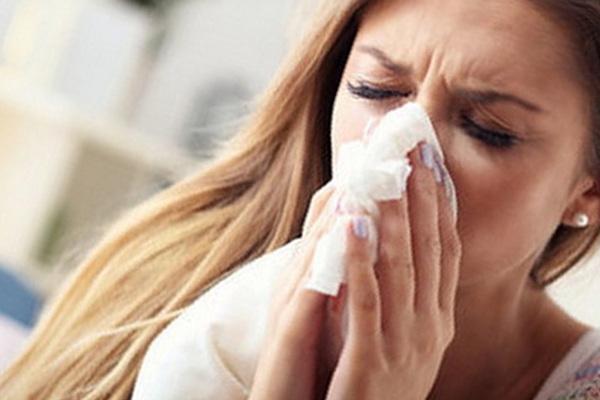Зміст
Inhalation is one of the most popular methods of dealing with coughs and runny nose. They are easy to use and completely safe. This natural treatment is extremely beneficial for the body: it increases the blood supply to the mucous membrane of the upper respiratory tract, allows the removal of residual secretions and relieves inflammation. Inhalation does not burden the stomach and is not addictive, which can occur when taking medications available at the pharmacy. What do you need to know about inhalation?
What does inhalation look like?
Inhalation is nothing more than inhalation of water vapor with the addition of active substances. For this, hot infusions are used to facilitate the treatment of infections and inflammations. Inhalation is very simple: all you need is a bowl, essential oils or dried herbs, a towel, and hot water. Inhalation will help with a runny nose, which occurs as a result of inflammation of the mucous membrane, as well as discharge from the sinuses. They are also useful in treating various types of coughs, and will bring relief from both the so-called wet cough and dry cough. However, for each type of disease, the appropriate active ingredient should be selected in order to be cured as soon as possible.
Herbal inhalation: What will help with a cold?

A runny nose, or rhinitis, is most often viral in origin. It manifests itself as itching, sneezing and nasal discharge. In this case, it is best to use herbs that soothe irritated mucous membranes. It is worth taking an infusion of sage, mint, chamomile or thyme. Some people also recommend regular table salt to get rid of nasal discharge, but it is irritating nonetheless. It is better to use saline solution, which is available in any pharmacy.
Herbal inhalation: Sinusitis
Sometimes a simple untreated runny nose can lead to sinus congestion and sinus inflammation. Headache. To clear the airways, it is enough to use essential oils, which can be purchased from herbal stores and pharmacies. Which ones are worth reaching out for? Pine, thyme, lavender, camphor or eucalyptus oils are perfect. They not only dilute the residual secretion, but also have a bactericidal effect, which reduces the likelihood of complications.
Herbal inhalation: Cough
Coughing is the body’s defensive response to pollution of the respiratory system. If we are dealing with a wet cough, it is worth turning to such essential oils, which thin the secretions and make it easier for phlegm to pass. It is worth using proven remedies that help with a cold, for example, eucalyptus, pine, thyme, and tea tree oils. On the other hand, a dry cough occurs, for example, with dry mucous membranes. Therefore, it is recommended to use herbs such as rosemary, chamomile or saline when inhaled. Their gentle action effectively moisturizes the walls of the throat and esophagus and relieves unpleasant scratches or pain.
How to use inhalation?
It is very easy to inhale. It is enough to put a suitable mixture of herbs in a bowl and pour boiling water over it, or dissolve a few drops of essential oil in hot water. With the hot dish in front of you, simply bend over (be careful not to burn yourself), cover your head and bowl with a towel, and then inhale the steam through your nose and release it through your mouth. We should try to make the procedure last no more than 10 minutes, and for children – 5 minutes. Inhalation can be used up to twice a day.
What should not be done after inhalation?
Inhalation is not a serious problem, but some of us make many mistakes that do not affect the effectiveness of the procedure. First, when you inhale the vapors, your blood vessels dilate, so more airborne pathogens enter the bloodstream. After inhalation, it is better to sit down or lie down for about 30 minutes and rest. In addition, cleaning is prohibited, especially with a vacuum cleaner, so as not to cause allergens in the air.
Contraindications to the use of inhalation

Although inhalation is generally a very safe and effective method, some essential oils used are not recommended for pregnant women (tea tree and thyme) and people with hypertension.








